Obituary: Ted Kaczynski
Ted Kaczynski (1942-2023).
Editor’s Note: Countere does not condone or condemn the man known as Theodore John Kaczynski. The opinions expressed in this obituary are those of a single anon.
He had an astounding intellect. While in high school, he played the trombone, belonged to the German, biology, math, and coin clubs, and spent hours of his free time immersing himself in the world of mathematics. Due to having skipped the sixth and eleventh grades, his older classmates bullied him.
A mathematical paper citing Kaczynski’s work.
He was accepted into Harvard when he was 16 and managed to make great breakthroughs in the field of boundary functions, where he has been cited in some papers. While in academia, he suffered greatly as a test subject of MK-Ultra, being humiliated deeply among other psychological damages.
As he would later write, academic life couldn’t fulfill the natural desire of acquiring power that man has sometimes felt, and so he retreated back to the mountains, back to the wilderness. Montana to be exact. He built a cabin and lived there for decades, bicycling to town for the things he couldn’t grow, forage or hunt, and to read books.
In the summer of 1983, after a two day’s hike to his favorite spot in the woods—a place he lovingly described as rolling country, with ravines and “even a waterfall”—he found a new road paved right in the middle of it. He decided then that there was no escape from the colossal machines and their nightmarish sounds; that it was no longer time to learn survival skills, but to break out against an unforgiving system.
Thus began FC, “Freedom Club,” the initials of the author who sent mail bombs to universities and airports, among other places, begetting his nickname: the Unabomber. His demands were simple—the attacks would continue until his manifesto, formally named Industrial Society and its Future, was published by a major newspaper.
He could have moved to a Latin American country and had a simple life as a güero with a wife and kids in the countryside, but it couldn’t be the case if he wanted to live by his words; the techno-industrial complex would reach him, eventually. The same complex that makes war, pollutes the land, kills the bees and is currently filling your body with microplastics (you, dear reader).
He was apprehended by the FBI in 1996, who were tipped off by his brother who recognized the writing style of his manifesto. He spent the rest of his life in maximum-security prison, where he passed away at the age of 81.
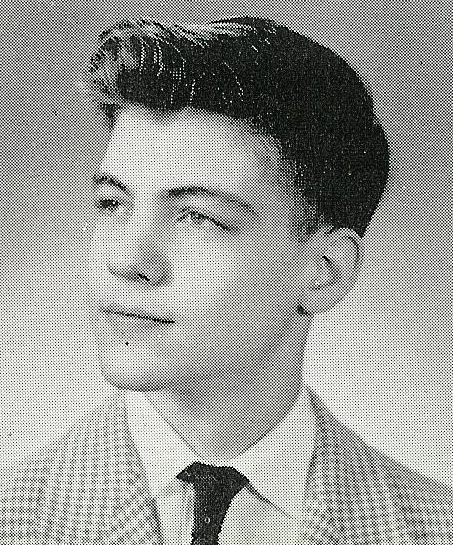
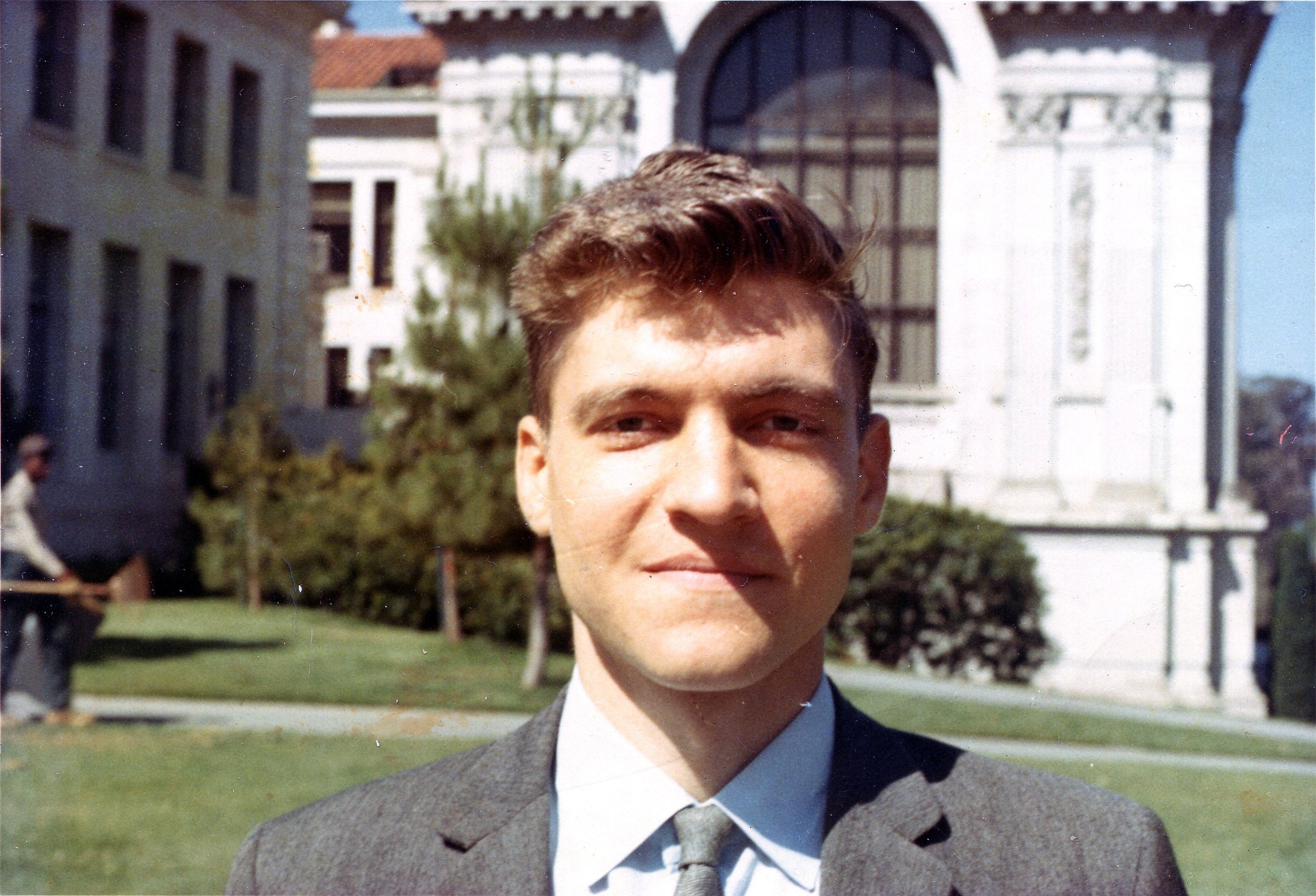

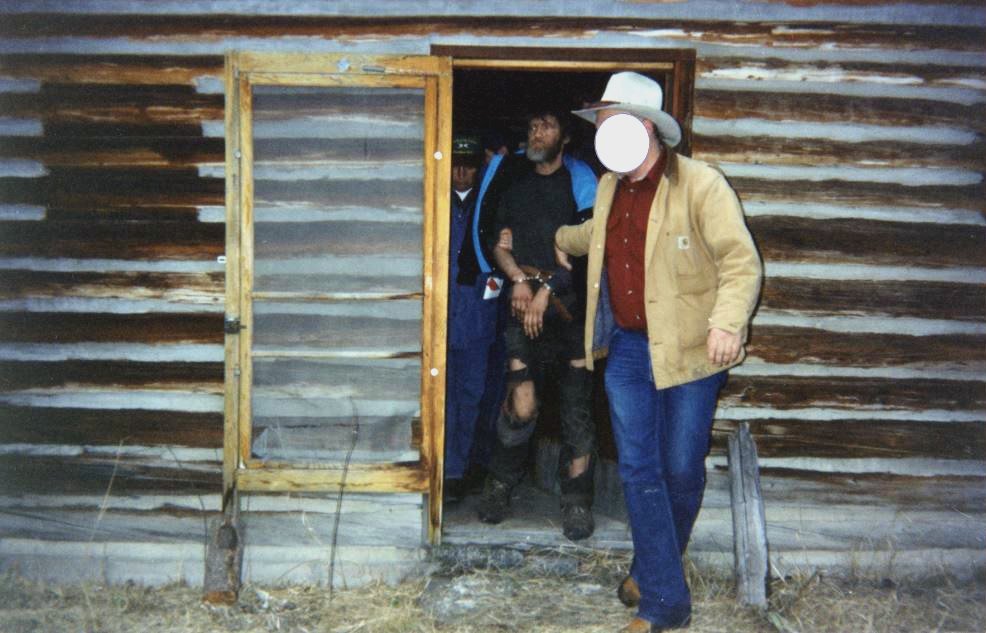
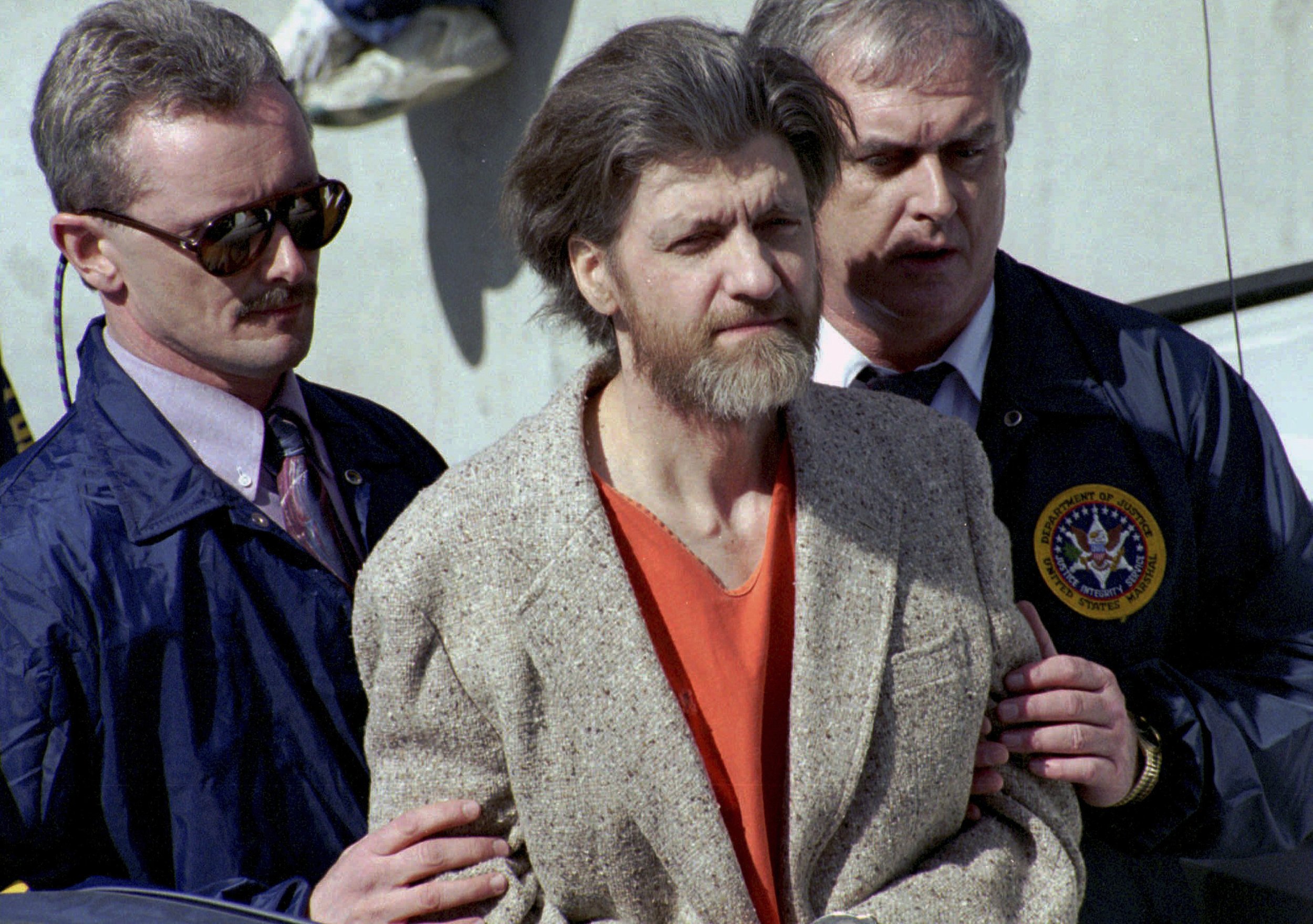
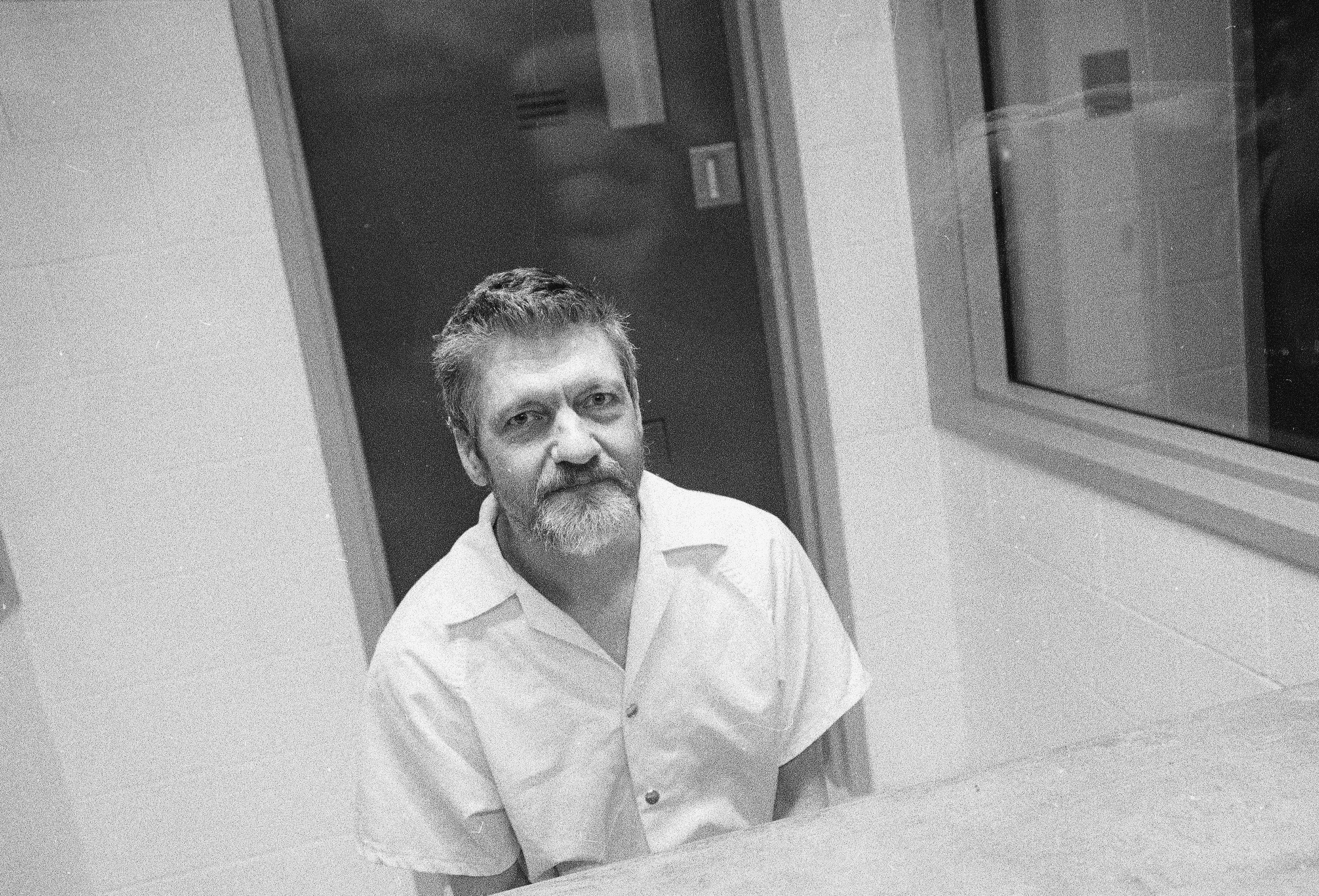
While he did not deny the acts of terrorism attributed to him, he insisted that he wasn’t crazy, despite the government’s efforts to label him a paranoid schizophrenic. He was many things—dissident, philosopher, genius, hermit, and serial bomber—but mentally ill? That would diminish the intentionality of his actions. His ideas were clear-eyed and prescient, starting with the famous opening sentence of his manifesto: “The Industrial Revolution and its consequences have been a disaster for the human race.”
He leaves behind dozens of ecological movements across the world, hundreds of correspondences by mail, thousands of inspired young people, and the seeds of a martyrdom that could start a million churches. His life is a record of one man’s troubled vendetta against the techno-industrial complex against which there is no longer any escape—only resistance.
Rest in power.
Further Reading
Industrial Society and Its Future, Ted Kaczynski
The Technological Society, Jacques Ellul
Secret Societies and Psychological Warfare, Michael Hoffman
Join Countere, and vote for our next story, on Patreon.
